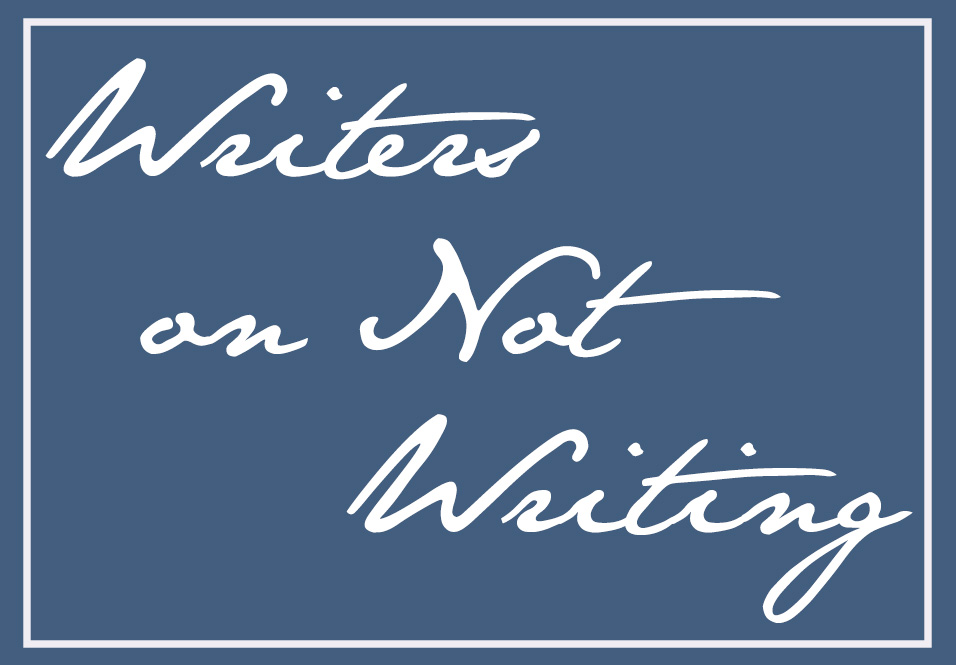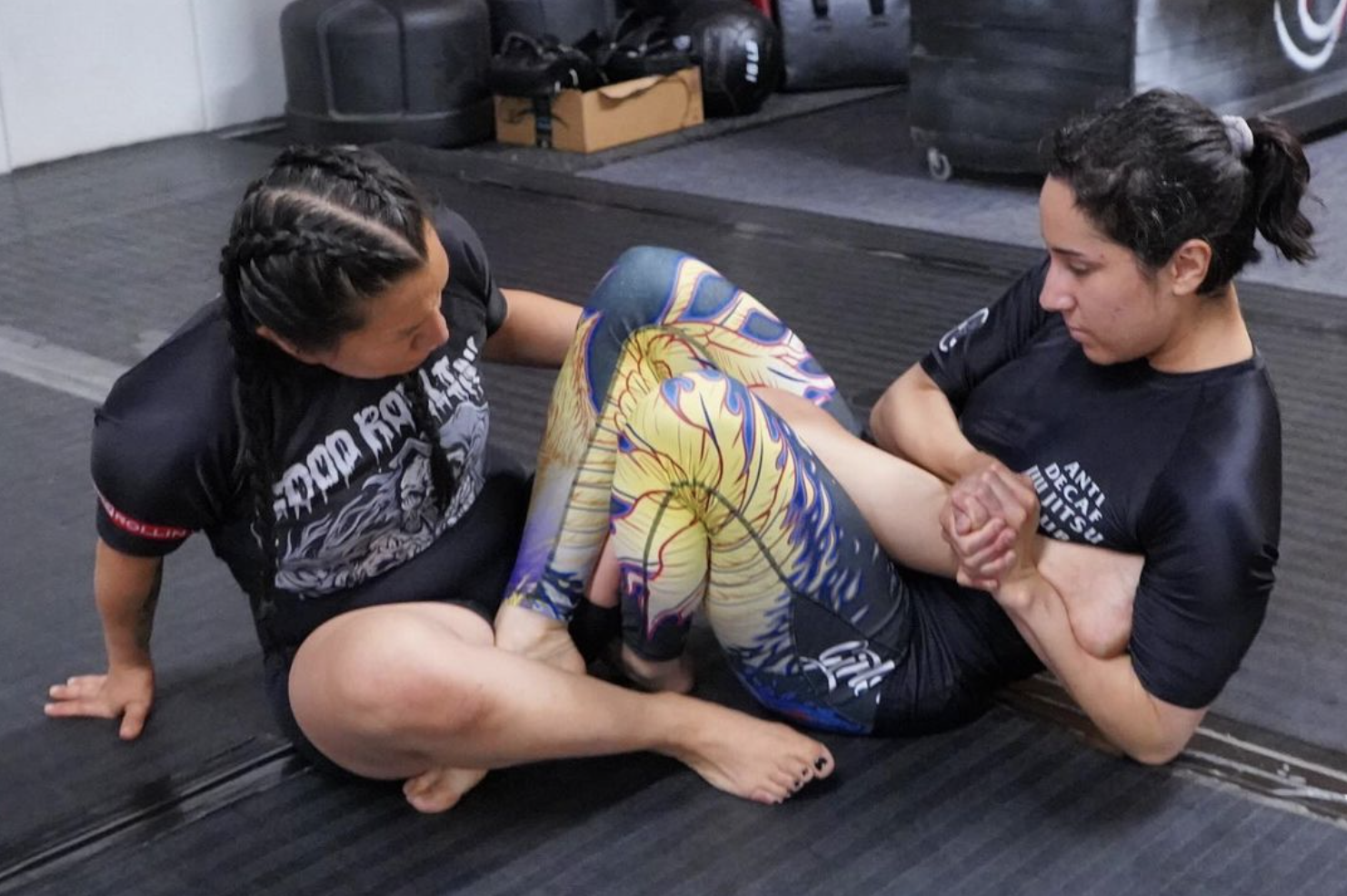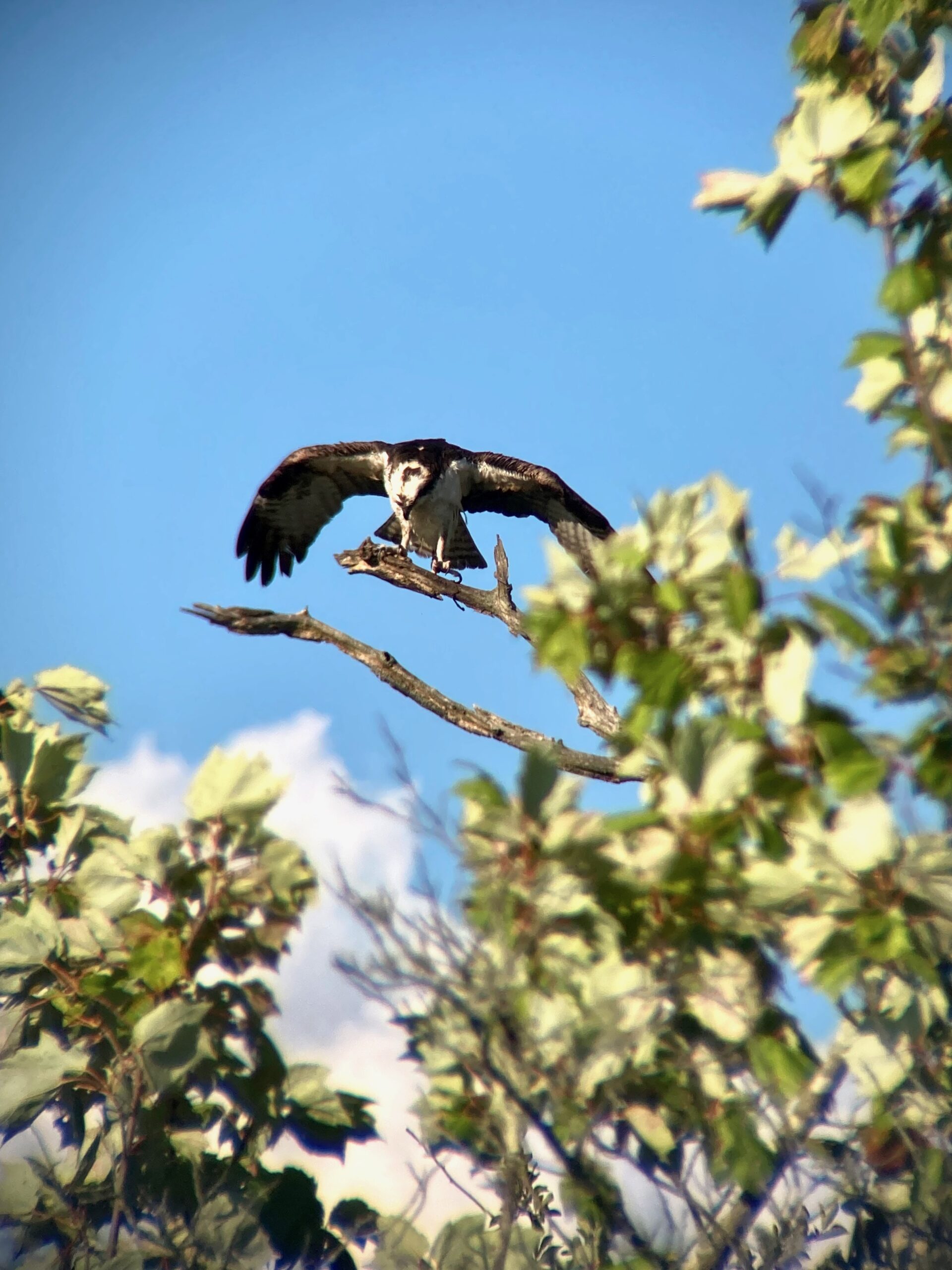Writers pour so much energy into their craft that sometimes we forget that creative pursuits other than writing can fill us up in other important ways. Here, we’ll look at what writers do when they aren’t writing, and how those pursuits affect the return to the page. This month, we hear from three TMR readers—Joanna Acevedo, Rebecca Paredes, and Abbie Lahmers—on what keeps them creative when they aren’t writing.

I wish I had time to read! Between my professional work as an editor, writing instructor, and book coach and my own writing, I actually read very little for pleasure—reading submissions takes up most of my reading-related energy, and I find I don’t have much to give at the end of a long day. I work a lot, mostly in writing-adjacent industries, and reading has taken a back burner for me, although I do write a few book reviews every month, which allows me to get a book or two in. I love to write about books, and literary criticism has been a great outlet for me. I mostly read poetry, even though I’m best trained as a fiction writer, and queer poetics has been the genre that has ended up speaking to me the most—I’m not totally sure why this is the niche I’ve fallen into, but I’m not complaining about it.
I love working as an editor and teacher. This has been what motivates me to keep working on my own writing; seeing writers so driven to work on their own projects continues to push me to keep working on my own. I also feel like teaching and editing force you to think critically about writing in this incredibly technical way that, as writers who aren’t in MFA programs anymore, we don’t often get to do, and it’s such good practice.
I also powerlift—I just started a little less than a year ago, and before that, I played roller derby for about ten years. I’ve always been interested in niche and extreme sports. I’m not lifting particularly heavy yet, but there’s something really satisfying about being able to leave your mind behind for a little while, and just totally focus on your body, get stronger, and push yourself to your limits, especially after a long day of staring at a computer screen.
Extreme sports have taught me that I can do anything I can set my mind to, and that I’m stronger than I think I am. I haven’t yet written about my experiences, but I intend to, and I am of the opinion that you need both—the physical and the mental—to be a balanced human being. Without one or the other, it’s easy to be thrown off, and as writers, building sustainable practice is important to longevity.
Joanna Acevedo
I practice jiu jitsu. Meditation has never really clicked for me, but jiu jitsu is my flow state. I feel present when I’m deep in a writing project, and I feel present on the mats. (Having someone ready to tap me out if I start overthinking probably helps keep me focused. With jiu jitsu, I mean. Maybe it’d help with writing?) I’ve been training for about seven years, with a few breaks in between.
 Jiu jitsu gives me a way to physically and mentally express myself, challenge myself, and humble myself. I think a lot of martial arts are similar to writing: You need to get out of your own way in order to progress. Some days, you’re firing on all cylinders. Other days, you’re barely showing up—but showing up consistently is half the battle. Also: writing can feel like such a solitary pursuit, and it’s helpful to balance it out with the community I’ve found in jiu jitsu.
Jiu jitsu gives me a way to physically and mentally express myself, challenge myself, and humble myself. I think a lot of martial arts are similar to writing: You need to get out of your own way in order to progress. Some days, you’re firing on all cylinders. Other days, you’re barely showing up—but showing up consistently is half the battle. Also: writing can feel like such a solitary pursuit, and it’s helpful to balance it out with the community I’ve found in jiu jitsu.
As I’ve become more confident in myself as a writer, I’ve also become more confident as a jiu jitsu practitioner, and I think those are related. I write stories influenced by my little corner of Southern California, and I used to worry about whether those stories were worth telling. In jiu jitsu, I used to care about impressing others before impressing myself, and measuring my worth by comparing myself to others. As I’ve grown into myself, I’ve realized that the things we are passionate about should also bring us joy (duh). Writing about my hometown makes me happy. Jiu jitsu makes me happy. The only person I need to impress is myself, really, because I can’t control what other people will feel. I can only bring myself fully to my pursuits, whether they’re on the page or on the mats.
Rebecca Paredes
Spending time outside and getting in a few good writing hours often go hand-in-hand when it comes to my creative process. Deliberately setting aside occasional early mornings for a short hike somewhere is almost as important as carving out writing and reading time for me, especially during the winter when it’s so easy to not leave the apartment (and, okay, sometimes I consider walking to a bar or coffee shop a “hike”). Obviously reading, mostly fiction, is a part of that process, too. Lately I’ve been writing in an ecologically-informed fabulist space, so my reading sometimes includes approachable science/environmental books for research and personal interest.
 Living in New England, I’m lucky to have beaches close by, the White Mountains a short road trip away, and countless conservation areas and parks with trails and camping spots. My day job sometimes lets me cover local initiatives uplifting the natural world, so it’s been satisfying to make connections with others passionate about the environment and learn how to photograph and ID plants, fungi, and birds I encounter, while letting myself be a total novice who only has room to grow. I don’t necessarily go out into the woods to wait for a magical writer’s block breakthrough, but more so to stop overthinking about writing and put all my concentration toward something else, like parsing the difference between species of ferns or trying to identify a bird by its call—undertakings that have straight-forward (if often elusive to me) answers. It can be oddly rewarding to scrutinize over solving a puzzle that bears no weight over anything in my immediate creative or professional life.
Living in New England, I’m lucky to have beaches close by, the White Mountains a short road trip away, and countless conservation areas and parks with trails and camping spots. My day job sometimes lets me cover local initiatives uplifting the natural world, so it’s been satisfying to make connections with others passionate about the environment and learn how to photograph and ID plants, fungi, and birds I encounter, while letting myself be a total novice who only has room to grow. I don’t necessarily go out into the woods to wait for a magical writer’s block breakthrough, but more so to stop overthinking about writing and put all my concentration toward something else, like parsing the difference between species of ferns or trying to identify a bird by its call—undertakings that have straight-forward (if often elusive to me) answers. It can be oddly rewarding to scrutinize over solving a puzzle that bears no weight over anything in my immediate creative or professional life.
Last summer and fall, traveling and camping around the Maritimes and a few overnight stays on islands played a hugely influential role in devising the setting of a novel project in the works. It’s impossible not to be thinking about the creepy, uncanny, and beautiful ways real natural phenomena can inform magical realism world building and plot arcs.
Abbie Lahmers
Curated by Jen Dupree
